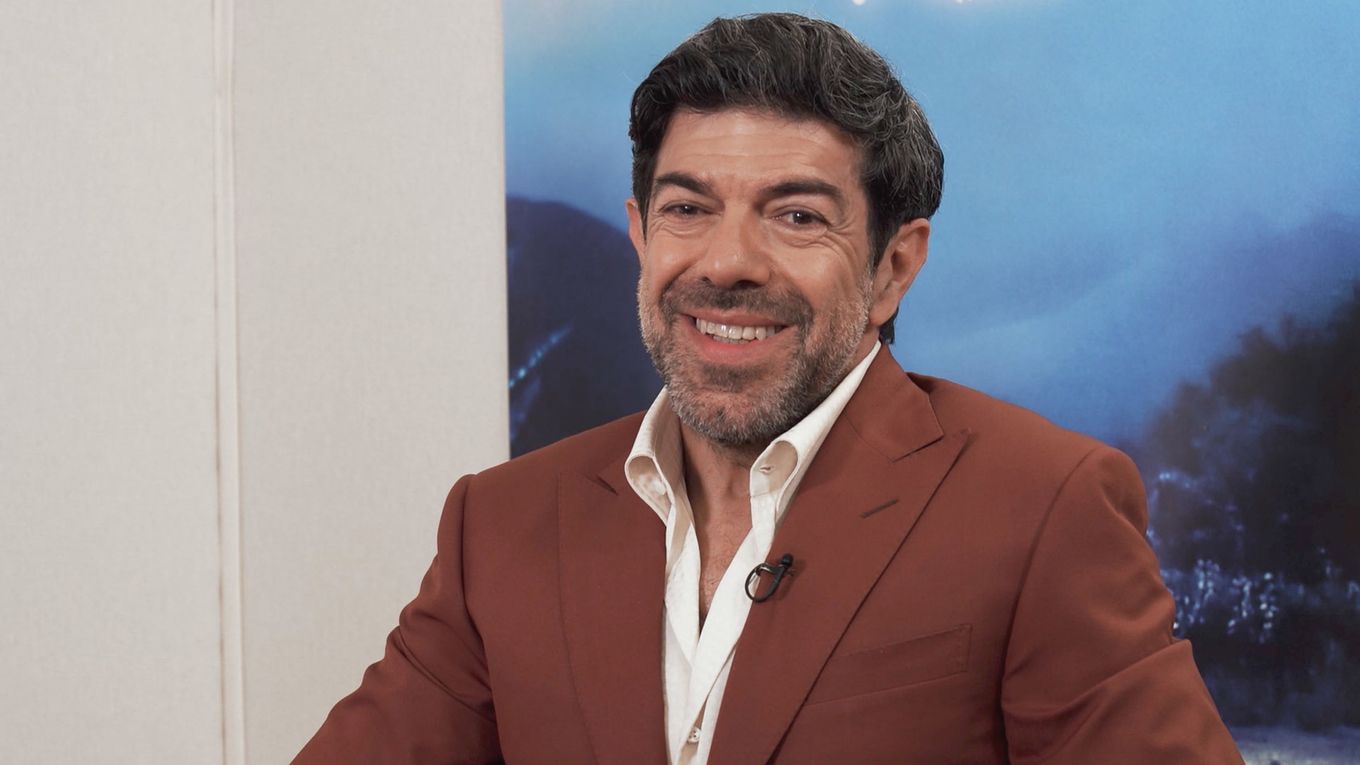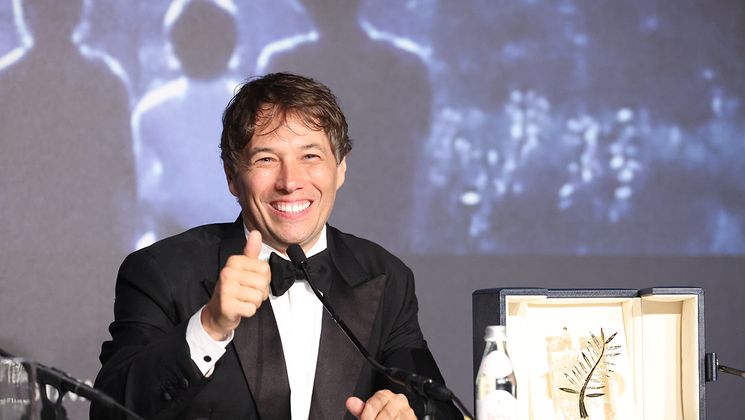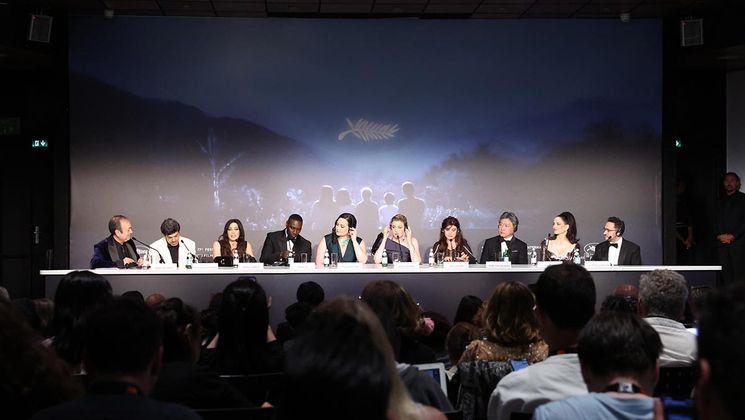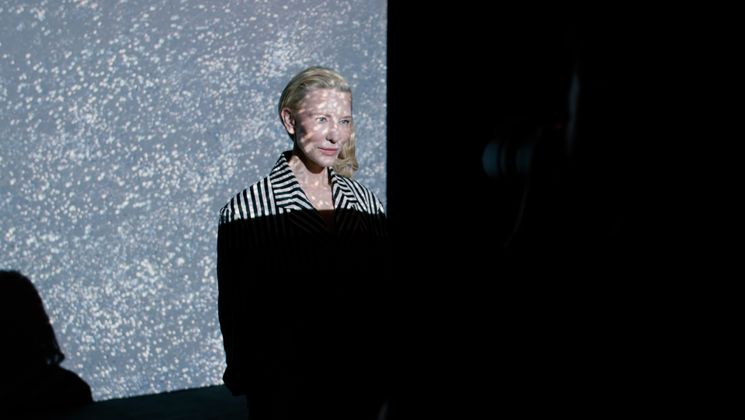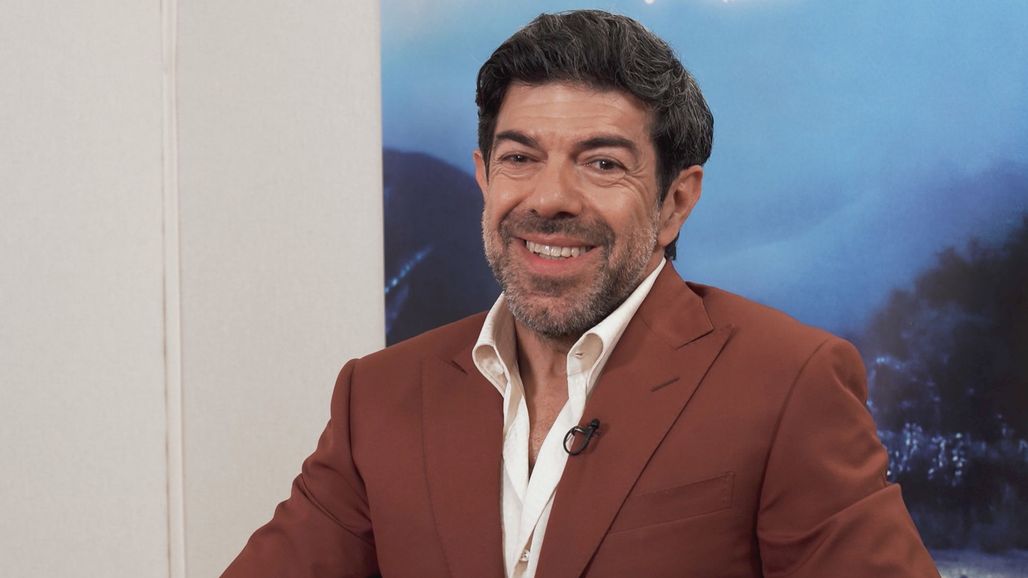
Meet Pierfrancesco Favino, Feature Film Jury member

Pierfrancesco Favino is the type of actor you watch once and never forget, an arthouse powerhouse who once dreamed of becoming Italy’s answer to Louis de Funès. We caught up with the gregarious, politically-minded star who has become the most watched French-Italian actor of his generation…
How did you start out in film?
I don’t think there was ever one specific catalyst, my family always had a soft spot for getting together and watching movies. In our neighbourhood in Rome, there was a tiny cinema where my dad would often take me on Sunday mornings, so the first thing the cinema gave me was the chance to spend time with my father. It was a space that became even more magical to my mind, because it went hand in hand with family time. Little by little, I started taking an interest in what I was seeing on the screen.
Did you have a favourite actor you wanted to be like?
When I was a boy, the ultimate actor was Totò, although I mostly saw him on television. I was absolutely gripped by Louis De Funès and comedies, too.
You’re deft at bridging the gap between indie films and blockbuster comedies, a bit like Marcello Mastroianni and Vittorio Gasman. Is it important you speak to the masses as well as film buffs?
It took me a while to break into the arthouse circles, but having said that, I don’t put much stock in that kind of label. To me there’s good film, and that’s the end of it. Whether you’re dealing with a comedy or a drama, what matters is that the lights go out and you’re whisked away. In fact, I don’t think it’s a good idea for actors to specialise: I always thought I’d be a comedian, but destiny had other plans. I don’t think there’s a boundary between the two, although I do think it’s probably easier to switch from comedy to indie films, than the other way around.
You once said you had a very special relationship with the camera, in that you thought it could read your mind…
I do indeed believe that cameras have a mysterious ability to read the human soul, a power that trumps any actor’s technical skill or talent. It manages to unearth what’s hidden deep inside us, and that’s how it forms a connection with the viewer. There’s a sense of fragility in Marlon Brando or Meryl Streep, something buried beneath their human surface, that the camera manages to sometimes coax out and bring to light. And when the camera succeeds in showing us that, the connection becomes all-encompassing and unforgettable.
“ Making films and any other kind of art is a political act in and of itself ”
What makes a good actor, do you think?
I think a good actor is first and foremost a generous soul, someone who is willing to sacrifice and expose themselves to the light of day, sharing vulnerabilities that viewers can identify with. I very recently grasped the importance of being generous on set.
How do you prepare for your roles?
The story matters more than anything else to me. In fact, I think actors should hone what not to do, rather than what to do, because they can bring each film millions, if not billions, of nuances. Having said that, you sometimes see great actors give mind-blowing performances, but what’s the point if it doesn’t serve a good story?
Has there been a role that has left you changed as an actor, as a man?
This might sound offhand, but I think every character I’ve ever met, every small step I’ve taken alongside them, has left me changed. It’s important to let your characters impact you and see where they take you as an actor.
Crime thrillers are having a bit of a moment in Italy right now. How do you explain that?
In Italy, we’re definitely seeing the return of the crime thriller as a major genre. Sometimes you get trends like that. Back in the day, Italy was struggling with its relationship with the rules. It’s a sign of a certain kind of energy, and I hope it continues. It does also show that we’re going through challenging political times though, I think.
You’ve played some fascinating politicians in films that tackle Italy’s trials and tribulations. Is that your political side coming through?
It’s true that I have done some films with a political bent, but I think making films and any other kind of art is a political act in and of itself, because through art we are able to freeze-frame elusive time, and capture history. I think my political streak shines through on a daily basis. The decision to be an actor and part of this world is a political act. In this way, I become part of history.
